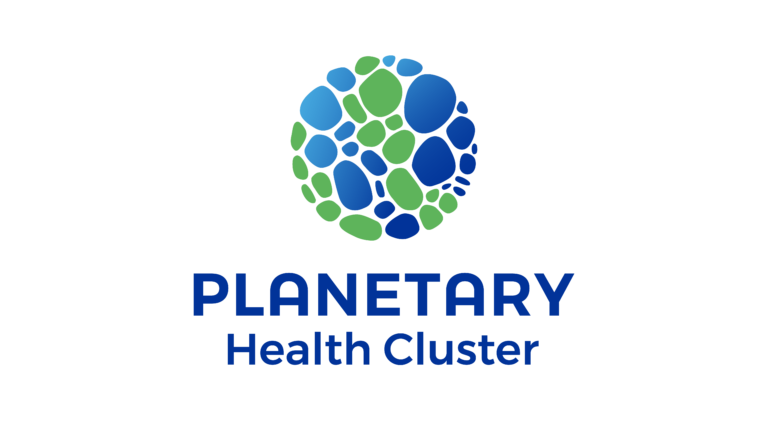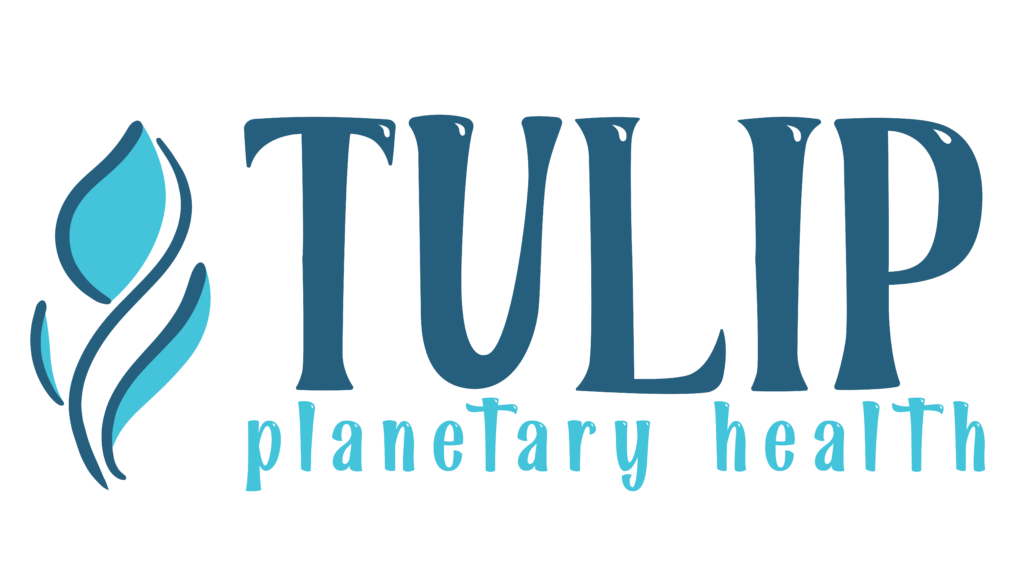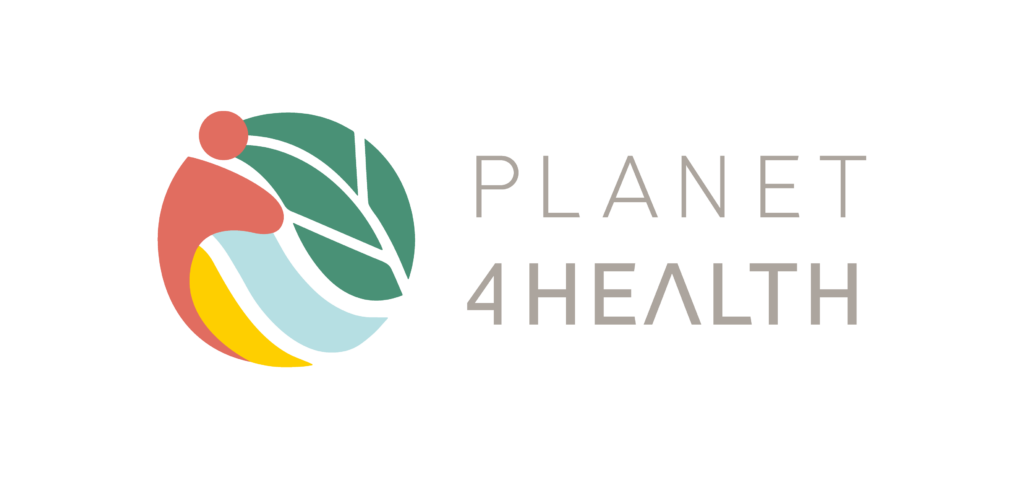Planetary Health Cluster

Five projects funded under the call HORIZON-HLTH-2023-ENVHLTH-02-01 “Planetary health: understanding the links between environmental degradation and health impacts” collectively form the new Planetary Health cluster. Planetary health is a solutions oriented, multi-dimensional health approach focused on analysing and addressing the impacts of human disruptions to Earth’s natural systems on human health and all life on Earth.
The cluster, launched on July 2nd 2024, comprises GoGreen Next, SPRINGS, TULIP, MOSAIC and PLANET4HEALTH. These projects will work collectively through joint deliverables, co-hosted events and a shared strategy to promote evidence-based policy to support global planetary health.
Learn more about the Planetary Health Cluster, engage on social media, and subscribe to the newsletter to stay updated on the latest news and developments!

GoGreen Next
Project overview
GoGreen Next has the ambition of supporting cities and regions to achieve their climate targets by implementing novel nature-based approaches. Working across distinct biogeographical pilot areas Cork (Ireland), Klagenfurt (Austria), Malta (Malta) and Päijät- Häme Region (Finland), we will address biodiversity-climate-planetary challenges by future proofing through evidence-based policy development.
Team Involved
A 19 member consortium comprises partners in Europe, North American and Asia. Lead partner: Maynooth University.
Mission
We aim to develop novel approaches to investigate how cities can realise their climate neutral ambitions. GoGreen Next will develop a comprehensive evidence-based policy oriented approach to convey how ecosystem health, human health and climate change are connected.

SPRINGS
Project Overview
SPRINGS (Supporting Policy Regulations and Interventions to Negate aggravated Global diarrheal disease due to future climate Shocks) is investigating the interplay between shifting weather patterns, environmental changes, and the spread of diarrheal pathogens. By combining pathogen data with climate projections, we seek to enhance understanding of the factors influencing diarrheal spread and to predict future scenarios. Ultimately, we aim to facilitate informed decision-making and the implementation of targeted interventions to reduce the burden of diarrheal diseases in the face of climate change.
Team Involved
The project comprises 15 partners in Europe, Africa and the USA. Lead Partner: Amsterdam UMC(NL)
Mission
SPRINGS focuses on studying microbial water quality and quantity, using surveillance and modelling to understand how climate impacts health. SPRINGS studies interactions between climate and human-ecological systems to assess risks like flooding and drought on waterborne diseases. The work will inform improved surveillance and risk assessment tools.

MOSAIC
Project Overview
The MOSAIC project (Multi-site application of Open Science in the creAtion of healthy environments Involving local Communities) is looking at the way in which Open Science – considered in its broadest sense (i.e. including open access to resources, open data infrastructures, the involvement of all stakeholders in the co-production of knowledge, dialogue between knowledge systems) – can provide tools for integrated approaches to health (Planetary Health, One Health) and help to promote the health of local cross-border populations in East Africa and the Amazon.Its specific objective is to develop and implement open information ecosystems to help local communities living in cross-border areas to: Perceive and predict environmental changes (land use and occupation, extreme climatic events, etc.); Understand the impact of the environment on health, well-being and lifestyle; Build an environment and adopting practices that promote health.
Team Involved
The consortium comprises 15 partners from 7 different countries (Brazil, Colombia, France, Kenya, Portugal, Poland, Peru).
The project is coordinated by the French National Research Institute for Sustainable Development (Institut de recherche pour le développement, IRD)

TULIP
Project Overview
The TULIP (Community-based engagement and intervenTions to stem the spread of antimicrobial resistance in the aqUatic environments catalysed by cLImate change and Plastic pollution interactions) project aims to unravel the complex connections between plastic pollution and antimicrobial resistance under the influence of a changing climate. Specifically, the project uses advanced methods to understand driving factors and policies, while designing community-based solutions. TULIP transforms evidence into decision-support tools, promoting triple-win solutions for human and ecosystem health. Engaging communities, policymakers, and experts, TULIP focuses on aquatic environments in the Philippines and Italy, with plans for pan-European impact.
Team Involved
Composed of 11 partners across 6 countries this project has partners in both Europe and Asia. Lear Partner:
UNIVERSITATSKLINIKUM HEIDELBERG (DE).
Planet-wide, the interplay of climate change, plastic pollution, and antimicrobial resistance poses a profound threat to the health of people, animals, and ecosystems. TULIP will expand our understanding of how these crises interact.

PLANET4HEALTH
Project Overview
PLANET4HEALTH project aims to deepen understanding on how environmental degradation impacts human, animal and ecosystem health.
Through collaboration with experts across disciplines, the project aims to support policy making processes and raise citizens awareness on sustainable planetary health, climate & environmental policies and adaptation & mitigation strategies to natural hazards. PLANET4HEALTH will conduct research and look to draw overreaching conclusions from four tailor-made case studies focusing on pivotal areas.
Team Involved
Composed of 17 partners across 12 countries this project unites expertise across various fields including environmental and climate science, public health, epidemiology, veterinary medicine, social, political and economic sciences. Lead partner: Ca’Foscari University of Venice (IT)
Mission
Through interdisciplinary collaboration PLANET4HEALTH aims to support policy making processes and raise citizens’ awareness on sustainable planetary health, climate and environmental policies and adaptation and mitigation strategies to natural hazards.
Planetary Health Cluster Brochure & Poster
The Planetary Health Cluster has developed its brochure to provide a clear overview of the Cluster’s mission, goals, and working group activities, offering valuable insights into its objectives and initiatives.
The brochure also includes an integrated poster, and it’s suitable for digital and printed promotional use.